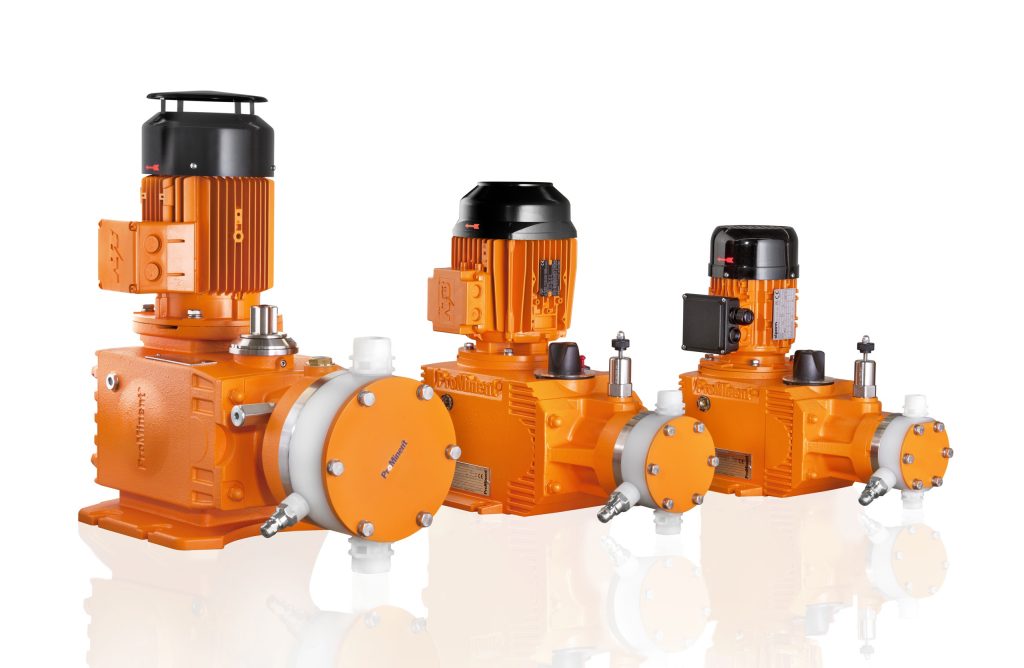Metering Pumps – Essential Components of Industrial Processes
Metering pumps are essential components of industrial processes across various sectors, playing a critical role in ensuring precision and accuracy in the dosing and delivery of liquids. These specialized pumps are designed to handle a wide range of fluids, from chemicals and pharmaceuticals to water treatment solutions and food additives. Their reliability, accuracy, and versatility make them indispensable in maintaining the quality and efficiency of industrial operations.
Key Components of Metering Pumps:
Pump Head – The bomba dosadora head is the core component of a metering pump, where the fluid is pumped. It typically consists of a piston, diaphragm, or plunger that moves back and forth to create a controlled flow of liquid. The material used for the pump head varies depending on the type of fluid being handled.
Drive Mechanism – The drive mechanism is responsible for powering the pump’s movement, ensuring a consistent and precise flow rate. Common drive mechanisms include electric motors, hydraulic systems, and pneumatic systems, each chosen based on the specific requirements of the application.
Control Mechanism – Metering pumps are known for their ability to provide accurate and adjustable flow rates. This is achieved through a control mechanism that can be manual, mechanical, or electronic. Advanced models may include digital controllers that allow operators to program and monitor flow rates with precision.

Tubing or Piping – To transport the fluid to and from the pump, metering pumps use tubing or piping. The choice of material for these components is critical to ensure compatibility with the fluid and to prevent corrosion or contamination.
Applications of Metering Pumps:
Metering pumps find applications in a wide range of industries, and their versatility is one of their standout features. Here are some common applications:
Chemical Processing – In the chemical industry, precise dosing of chemicals is critical to maintain product quality and safety. Metering pumps are used to inject chemicals into various processes, such as chemical reactions, water treatment, and pH control.
Water Treatment – Water treatment plants rely on metering pumps to add coagulants, disinfectants, and pH-adjusting chemicals to ensure clean and safe drinking water. The accuracy of these pumps is crucial to meeting regulatory standards.
Oil and Gas – In the oil and gas sector, metering pumps are used for injecting chemicals into oil wells to enhance production, control corrosion, and inhibit the formation of scale.
Food and Beverage – Metering pumps are employed to precisely dispense ingredients, additives, and flavorings in food and beverage manufacturing processes. This ensures consistent product quality and taste.
Advantages of Metering Pumps:
Precision – Metering pumps offer high precision and accuracy in dosing, which is crucial for industries where even a slight variation in chemical concentration can lead to product defects or safety hazards.
Reliability – These pumps are known for their reliability and durability, making them suitable for continuous and demanding industrial applications.
Versatility – Metering pumps can handle a wide range of fluids, including corrosive, abrasive, and viscous substances, making them adaptable to various industries and processes.
Regulation Compliance – In industries with strict regulatory requirements, such as water treatment and pharmaceuticals, metering pumps are essential for meeting compliance standards.